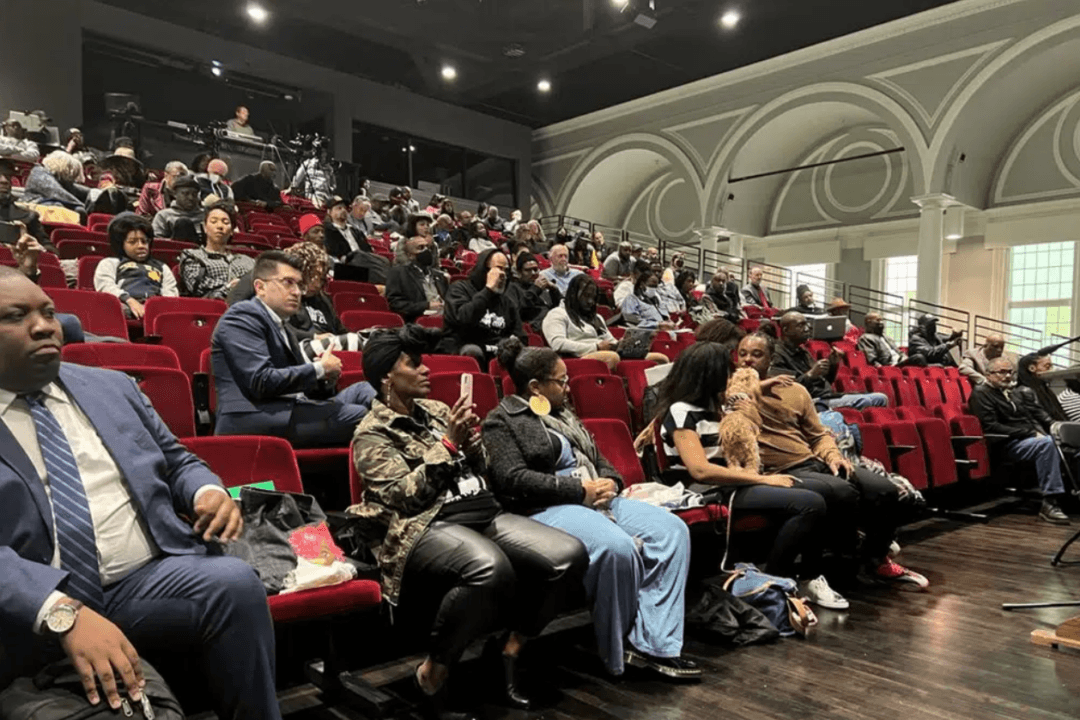Commentary
What a missed opportunity. On Saturday, the California Reparations Task Force issued its final recommendations (pdf) for “any form of compensation to African Americans, with a special consideration for African Americans who are descendants of persons enslaved in the United States.” Those are the words from Assembly Bill 3121, the 2020 law establishing the Task Force. Even though California never was a slave state.





